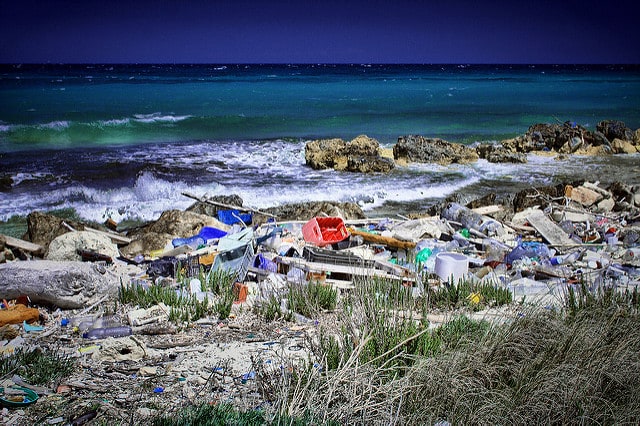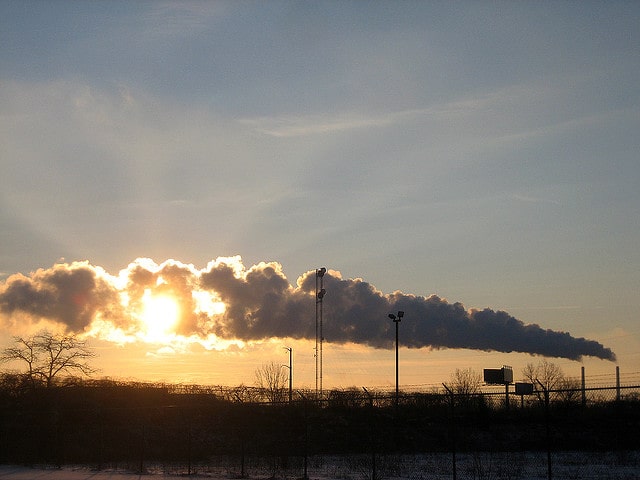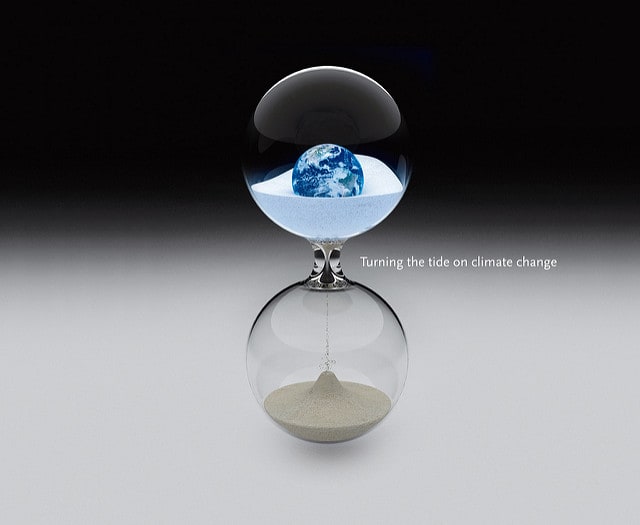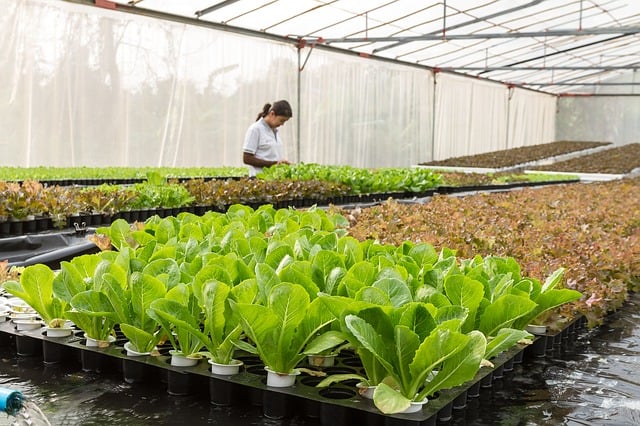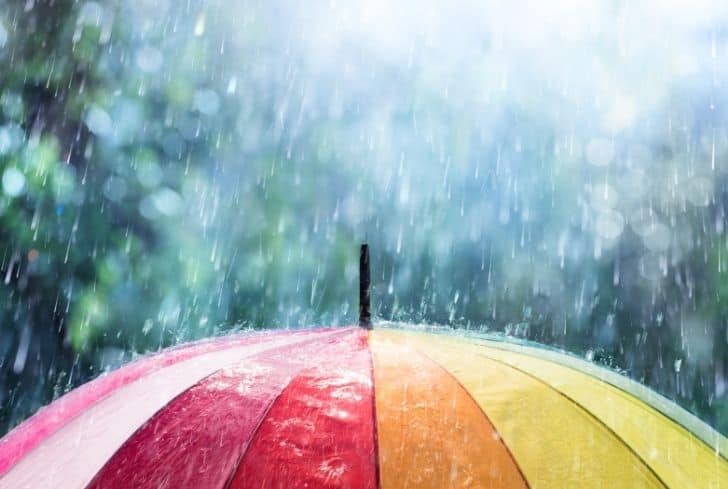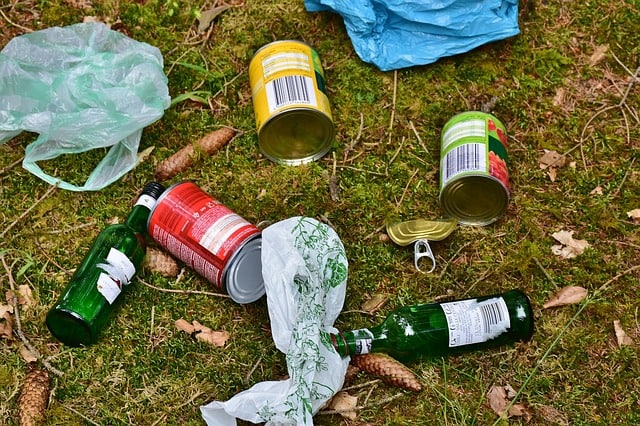How Can You Effectively Use Rainwater?
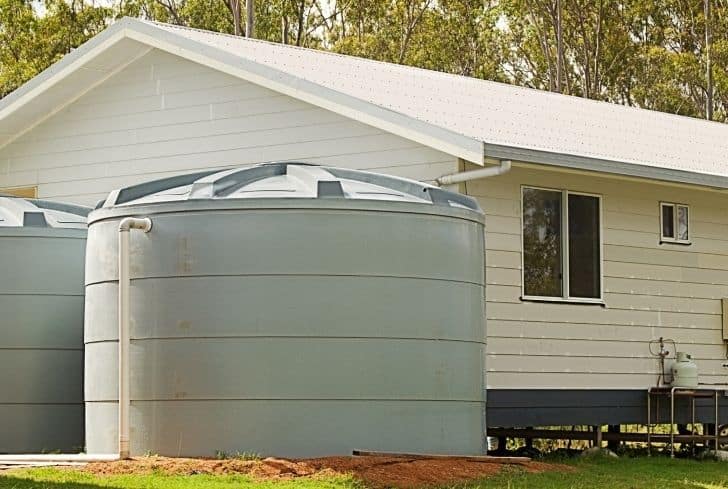
There is a scarcity of water in many regions. Water is the most valuable resource for every living being. With so much scarcity, rainwater harvesting is the need of the hour. We must think about our future and take the necessary steps to avoid the problem of scarce water. Conservation of water can play a major role in sustaining the environment.
Several technical devices are installed to save rainwater and prevent water wastage. The rainwater collected from the surface could be stored, filtered, and maybe put to different uses. As the government is playing a major role in water conservation, you must also do your part and avoid wasting water.
In this article, we will discuss the best possible ways to utilize the rainwater at your home and the drainage problems in the sewer system.
Top 6 Ways to Utilize Rainwater in an Efficient Manner
1. Cooking and Drinking
As we all know that the rainwater is completely pure and is free from chemicals and chlorine. There should always be running taps in the kitchen. We could use the filtered rainwater to cook food and drink. Cooking can not be done without water. Even the vegetables need to be washed before they are cooked.
You must not use the rainwater directly by collecting it from the surface. Therefore, it is very important to consider your health, which means that you should have a water purifier at your home. It can easily remove all the impurities and make the water ready for drinking and cooking.
2. Washing clothes and bathing
Water is always required in greater quantities for doing laundry and bathing. The rainwater is free from the limescale-causing minerals, which make it perfect for laundry.
The rainwater that is harvested could be the best option for washing as it can help in saving about 40% of the municipal water. By saving the water, you could further utilize it in the more important home chores.
3. Gardening
Plants need regular water like humans. If you have an indoor or outdoor garden at your home, then rainwater can be the best source for plants, trees, and grass. The rainwater can be collected in the cans and could be used further directly for filling the flower pots.
Also, you can attach directly with the automatic irrigation system to the rainwater storage tanks. The passive form of collecting and conserving the water in the soil can also be beneficial.
4. Ponds and Wildlife
The ponds and lakes mostly consist of rainwater. This water is generally stored and cleaned. The central government has also introduced various programs regarding saving rainwater. The filtered rainwater can also be used in various recreational ponds and forms of fountains.
Moreover, various pools are filled with rainwater. The rainwater harvested is considered safe for livestock and pets for washing and drinking. Also, for the troughs and birdbaths, recycled rainwater could be used.
5. Fire protection
Fire can be a major concern for those people. They must have had all the necessary equipment to safeguard themselves. Water is the first thing that comes to our mind when we think about fire. Therefore, every household should install in their house a rainwater catchment system along with a storage tank that can hold a large amount of water.
This is the major source of protection that can be used against fire. There are also water pumps available in the market. You can also have them in the house for safety purposes.
6. Cleaning and washing equipment and vehicle
Rainwater could be used for washing the outdoor equipment and vehicles. You do not even have to filter the water for cleaning the equipment, the collected water on the surface could be used to wash the garden equipment, cars, bikes, bicycles, lawnmowers. etc.
You must store the water for various purposes, it might benefit you in endless ways.
Can Rainwater Go Into the Sewer?
Yes, the rainwater can go into the sewer as most of the water that pours down does not go into the underground water table. Rather, it flushes down through the streets and into the drains leading to the sewer lines. This is how the rainwater goes into the sewer.
Also, most people are not aware and even not concerned about rainwater harvesting. As a result, they do not connect the drains from their terrace to the underground, and thus, the water that is collected on the terrace is directed to the drains from where it leads to the sewer lines.
Does Rainwater Go Into the Sewer?
Yes, this statement is very true. The rainwater always goes into the sewer. Whenever it rains, the rainwater pours on the streets and this water gets directed into the drains and from here it gushes down into the sewer lines.
This is the major reason why municipal corporations clean the drains before it rains to avoid blockages. Thus, it lets the free flow of rainwater into the sewer lines to stop the blockage of water and prevent mosquito breeding.
Can You Drain Stormwater Into the Sewer?
Yes, we can drain the stormwater into the sewer. Stormwater is the water that falls after or by the heavy rains or snowfall. If this water is not managed properly, then it can lead to the drains and from there to the sewer lines. We can try to manage this stormwater by collecting it and treating it by sedimentation and decantation.
With this process, it can be later directed to the underground water storage to recharge the groundwater and this can later be pumped out and reused. If the hard surfaces like roads, buildings, terraces do not allow seepage of water into the underground water, then the stormwater gushes down into the drains and from there to the sewer drains.
What Happens to the Sewage When it Rains?
The effects of rain can be seen immensely on the sewage. Sewage is capable of holding a predetermined amount of water. However, the underground system gets compromised because of the overflowing water, which results in the rise of sewage levels causing a release in tubs, drains, basements, local water sources, and the city streets.
You must be careful in treating the sewage in the right manner. If the wastewater is not properly drained from your house, it can easily expose the family members to major diseases and sicknesses caused by germs and mosquitoes. It can also contaminate the drinking water. As a responsible person, you must ensure all the safety guidelines for the cleaning purpose.
How Can We Make the Best Use of Rainwater?
Rainwater could be used in various ways. It is very important to value our resources, even water. From the survival of the living beings to performing daily chores and activities, almost everything requires water.
Because there is a scarcity of water, we must plan for our future and make sure that we have enough water. Water is needed in our house for various purposes like cleaning, cooking, washing, bathing, gardening, etc. Saved water could only be used by us. So we must take the necessary steps to conserve water.
Can Rainwater Cause the Toilets to Overflow?
Toilets are left unnoticed until something goes wrong. Well, the rainwater does result in the overflow of water in toilets. In a condition of excess and heavy rain, the toilets can overflow.
If the drains have not been cleaned beforehand during the continuous rain, then chances are that the plastic waste lying on the road can block the drains. Hence, the rainwater does not find its way into the drains, sewer lines, and underground. Due to this, the water is not allowed to move on. It retains and its level keeps on rising.
This has taken place in most metro cities that are highly populated. During the heavy rains, the drains usually get blocked with plastic waste and foliage, and the water does not find its way. So, the level keeps on rising.
Thus, where would the water go? If it does not find its way, it is going to rise in the faucets and the toilets. This is how the toilets overflow because the water cannot move on further so it moves back.
Advantages of Conserving water
Below are the advantages of conserving water:
- This technology is quite easy to install, operate, and very simple
- Water harvesting is less costly
- It reduces stormwater runoff, pesticides, fertilizers, metals, soil erosion, pollution of surface water, flooding, other sediments, etc.
- This technology can reduce the water bill
- It could be an amazing source of water without any chemicals, minerals, and dissolved salts for landscape irrigation
- It can reduce the demand for water
- There is no need for any filtration system for landscape irrigation
- Helps in promoting both energy as well as water conservation.
- The groundwater quantity and quality is improved
Conclusion
It is our responsibility to conserve water. Rainwater can be harvested through filtration, surface runoff harvesting, transportation, and rooftop harvesting. Harvested rainwater results in better quantity and quality of groundwater. There are many advantages of harvesting rainwater including reduced water demand, promotes energy, and water conservation, decreasing water bill, etc.

